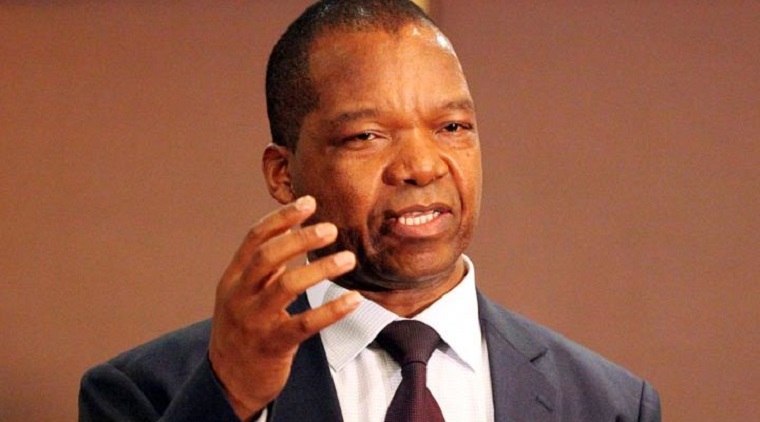Reserve Bank of Zimbabwe (RBZ) governor John Mangudya today told a meeting of business leaders that the country was generating sufficient foreign currency but was suffering from lack of confidence in the financial system.
Mangudya said Zimbabwe had generated $4 billion in foreign currency receipts between January and September.
Two months back he said the country had received $2.8 billion in foreign currency receipts in the half year to June, admitting that it was no small change.
“There is a mismatch in the economy, there is a huge appetite for forex but not all the demand is good. The other one is artificial demand. Zimbabwe earns a lot of forex but the problem is how it is being utilized if we were using it appropriately and efficiently there would be no problem,” Mangudya said.
“Now some of it is going out the economy to import things that are useless others keep it in their homes because they remember 2008 and because of lack of confidence (in the system), the money does not circulate efficiently also.”
The southern African nation’s financial system collapsed in 2008 following a bout of record breaking hyperinflation which rendered the country’s currency worthless, forcing monetary authorities to dump the local currency and adopt a multi currency system.
Some 9 years down the line, memories of 2008 still continue to haunt Zimbabweans and confidence in the financial sector has never recovered with most people opting to operate outside formal channels.
Zimbabwe has been experiencing a shortage of bank notes which intensified in the last three months resulting in a shortage of fuel and basic commodities.
The recent shortages, which government claims are artificial, have resulted in prices increases across the board as people fearing a replay of 2008 stock up on food stuffs and fuel.
Mangudya called the shortages artificial and urged consumers to resist the price increases.
“The panic buying caused artificial demand and it made people increase prices because they saw an opportunity to make money they now need to be reasonable and reduce prices to where they were….Just do not buy…we need to educate the consumers to resist if you do not buy the cooking oil at $5 they will go out of business overnight,” he said. –The Source
(148 VIEWS)







0 Comments